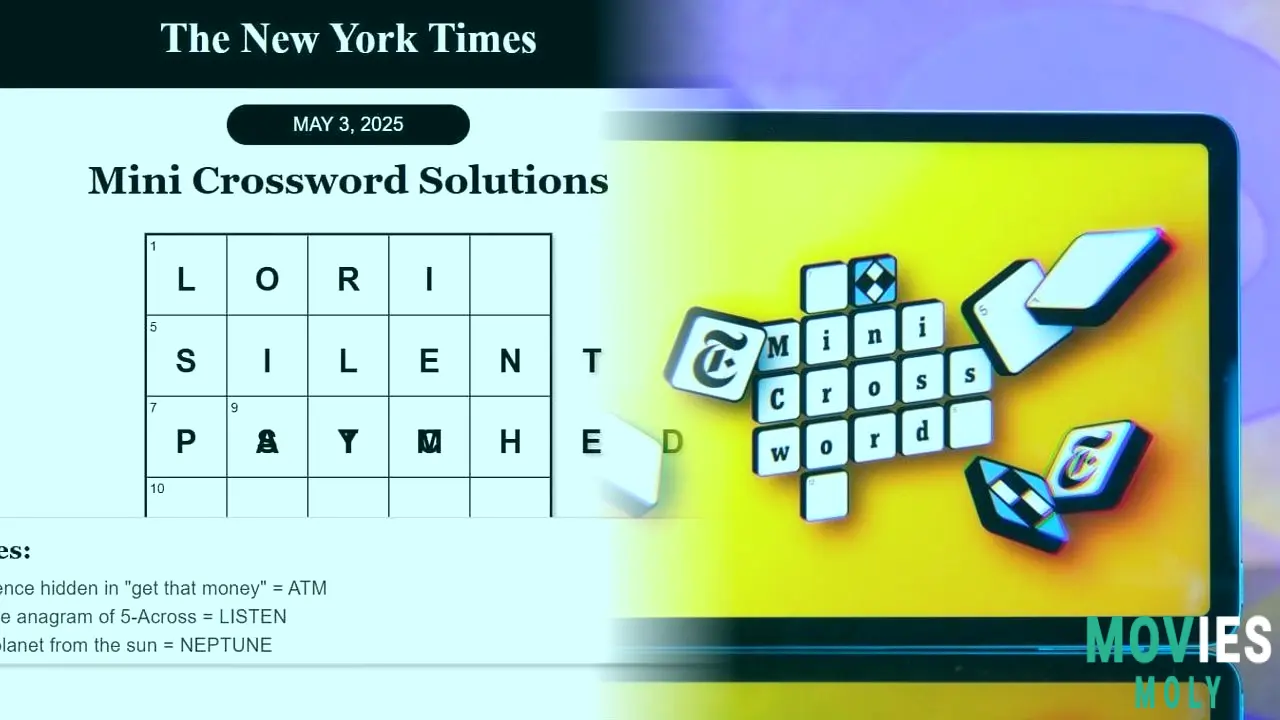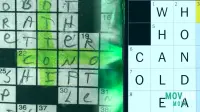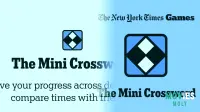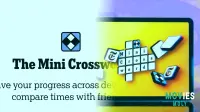The New York Times Mini Crossword has become a daily tradition for millions of people, providing a fast mental workout that can be squeezed into any schedule. Unlike its larger version, the Mini offers a satisfying challenge without requiring a significant time commitment. Even with the smaller grid, certain clues can still confuse you. This tutorial delves into the August 9, 2025 puzzle, provides suggestions for improving your solving skills, and explains why this daily puzzle is more than just a pastime.
Today's NY Times Mini Crossword Clues and AnswersThe New York Times Mini Crossword for August 9, 2025 has both simple and difficult clues. Here are some options to help you keep your streak or simply check your work. Remember that weekend puzzles might sometimes be larger than the standard 5x5 grid.
Across
Down
Understanding Mini Crossword Clue Types.
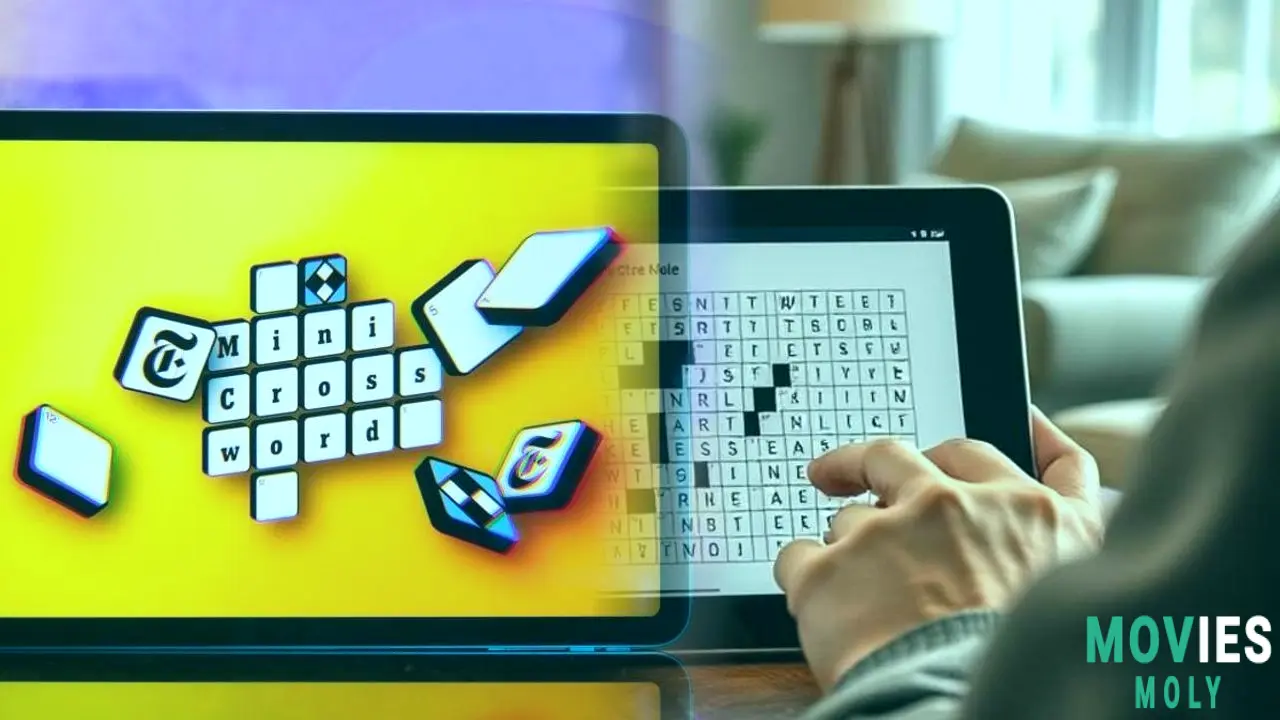
Understanding the many ways clues are phrased is often the key to solving the Mini Crossword. Joel Fagliano, the mastermind behind the Mini for the past decade, creates these puzzles with entertaining and funny clues.
Straight Definition Clues
They are the most direct. They ask for a common word that exactly matches the definition provided. For example, "amiable" means "friendly and pleasant".
Wordplay and Puny Clues
These clues ask you to think beyond the box. They frequently use puns, double meanings, and witty language. A clue like "Tree that sounds like a sandy stretch" could lead you to a word like PALM. The riddle relies on wit to make you smile once you solve it. "The Mini strikes a fine balance between challenge and accessibility. The riddles are frequently clever and playful, utilizing wordplay, pop culture references, and common knowledge."
Abbreviation and Acronym Clues
Many Mini Crossword Answers contain abbreviations or acronyms. Clues to this could include terms like "abbr." or the use of initials. "We haven't decided yet," on scheduling, for example, is TBD.
Clues: Fill in the Blanks
These hints provide a phrase with a missing word, denoted by a blank line. For example, "Barely ___ out a living" refers to EKE.
Clues from Popular Culture and Current Events
The Mini frequently makes references to pop culture, sports, or current events. "Dodgers slugger Betts" leading to MOOKIE is a prime illustration of this.
Advanced Strategies to Solve Mini Crosswords Faster
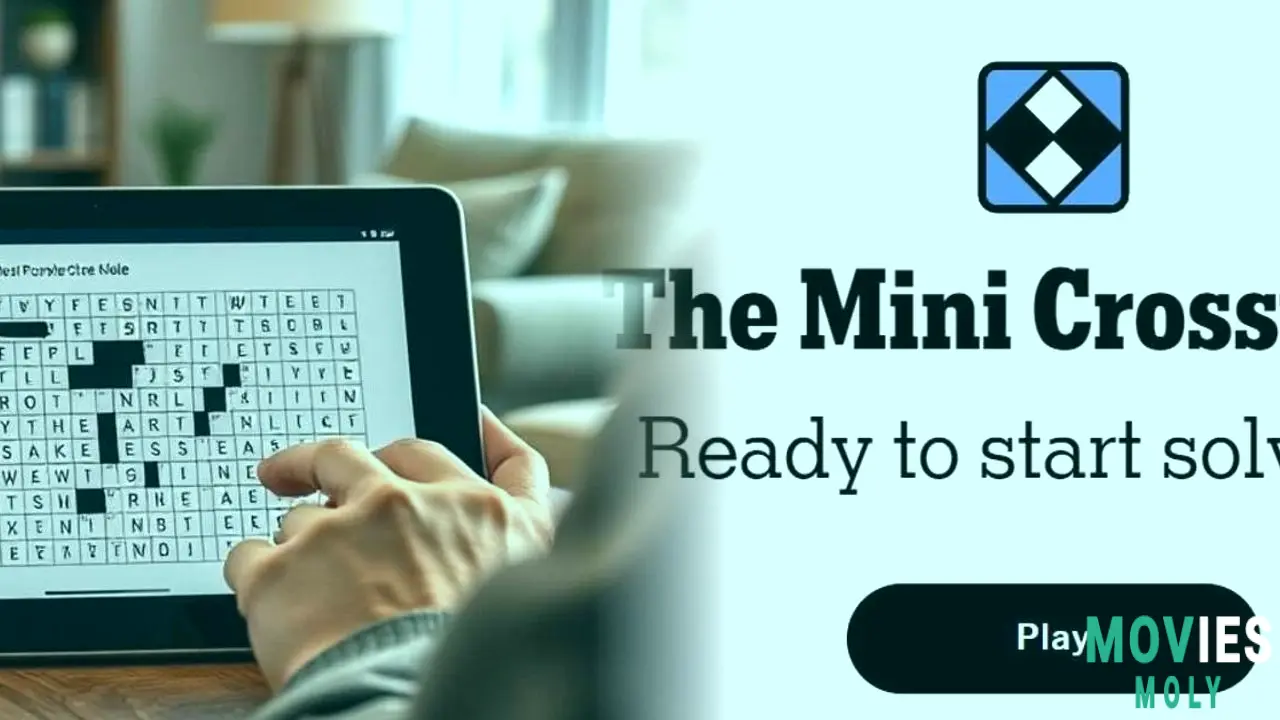
Aside from filling in the obvious answers, certain approaches can dramatically improve your speed and accuracy.
Starting with the easiest clues.
Scan all of the clues first. Start with the ones you're familiar with. This gives you letters on the grid that will help you solve the more difficult intersecting words.
Leveraging Intersecting Letters
Once you've filled out a few letters, take use of them. If a difficult hint already contains multiple letters from prior responses, deducing the word becomes considerably easy.
Identifying common patterns and themes
While the Mini doesn't have an overarching topic like the larger crossword, individual puzzles may have linked clues. For example, a puzzle may have many clues about eating or vacation.
When to Guess, When to Skip
If you're stuck on a hint, don't concentrate on it for too long. Continue with the others. Sometimes observing the overlapping letters reveals the original clue. If you have a strong intuition, making a calculated estimate can be worthwhile, especially if it helps you uncover additional terms. "Using hints in small crosswords is not cheating; it is a technique. Learning how to read hints more effectively distinguishes casual players from competent solvers.
Benefits of Playing the New York Times Mini Crossword Daily
Playing tiny crosswords provides more than simply a few minutes of entertainment. These puzzles offer actual benefits to your brain and general health.
Cognitive benefits of puzzles
Crossword puzzles excite a variety of brain regions associated with memory, language, and problem solving. This exercise can strengthen existing neuronal connections while also promoting new ones, so increasing brain plasticity. Research indicates that persistent mental tasks can halt cognitive degeneration.
Crossword puzzles help you expand your vocabulary.
Each puzzle introduces new words or provides new interpretations for established ones. Over time, this exposure organically broadens your vocabulary. The clues frequently encourage you to evaluate alternative meanings of words, honing your linguistic skills.
Stress Relief and Mental Wellbeing
Focusing on a puzzle can be used as a type of meditation, lowering anxiety and increasing calm. A sense of success from answering a difficult mystery might improve your attitude. "Experts suggest that playing crosswords can help reduce the risks of dementia with aging, assists in tackling anxiety, and leaves you with a positive sense of accomplishment that can boost mental health in the short-term."
What's the difference between the NYT Mini Crossword and the Full NYT Crossword?
While both puzzles feature the New York Times name, they cater to distinct experiences. "The Mini is a condensed version of The New York Times' renowned daily crossword. While the crossword is a longer experience that demands both knowledge and patience to complete, The Mini has a completely different feel."
The Mini Crossword normally utilizes a 5x5 grid, although Saturdays can be larger, up to 7x7 or even 9x9. The full crossword typically features a 15x15 grid for daily problems and a 21x21 grid for Sundays. This size difference results in fewer clues and solutions in the Mini, allowing for a faster solution, frequently in only a few minutes.
Clue complexity also varies. Mini Crossword Clues are typically simpler and more straightforward, emphasizing common knowledge and daily language. The full crossword contains a broader selection of clues, some of which need specialized knowledge or a larger vocabulary. The full crossword frequently includes themes that connect multiple clues, adding a depth of intricacy that the Mini typically avoids.
Tools and Apps for Boosting Your Mini Crossword Game
Aside from official sources, a variety of tools can help you solve puzzles more effectively.
Official NYT Games App Features
The official app offers the daily Mini Crossword for free. It includes a timer to track your progress and tools to reveal letters or words if you become stuck.
Third-party Mini Crossword Apps and Websites
Many more apps include mini-crosswords, some with thousands of problems. These frequently include hint functions, dark mode, and autosave.
How to Improve Your Mini Crossword Solving Speed and Accuracy?Consistent practice and analysis can help you become a faster, more accurate problem solver.
Daily practice routines
The most straightforward approach to improve is to practice every day. The Mini refreshes nightly, providing a new challenge. "Mini crosswords are ideal for today's fast-paced lifestyle. "They provide a quick and satisfying brain workout in just a few minutes."
Analyzing Past Puzzles
If you're confused or want to better grasp a hint, studying previous riddles and their solutions can assist. This helps you understand frequent clue patterns and the constructor's style. Some online archives let you access previous riddles.
Community and resources for mini crossword enthusiasts.Connecting with other problem solvers can bring valuable ideas and motivation.
Online Forums and Social Media Groups
Communities on platforms such as Reddit feature daily discussions in which solvers share their times, methods, and even grievances. These places are ideal for studying how others solved a difficult problem.
Troubleshooting Common Solving Blocks.
If you are consistently stuck, consider the following points:
The NYT Mini Crossword is more than a game; it's a daily cerebral workout that provides both difficulty and reward. You can master any puzzle and enjoy the process even more if you understand the many types of clues, use smart techniques, and interact with the solving community.

